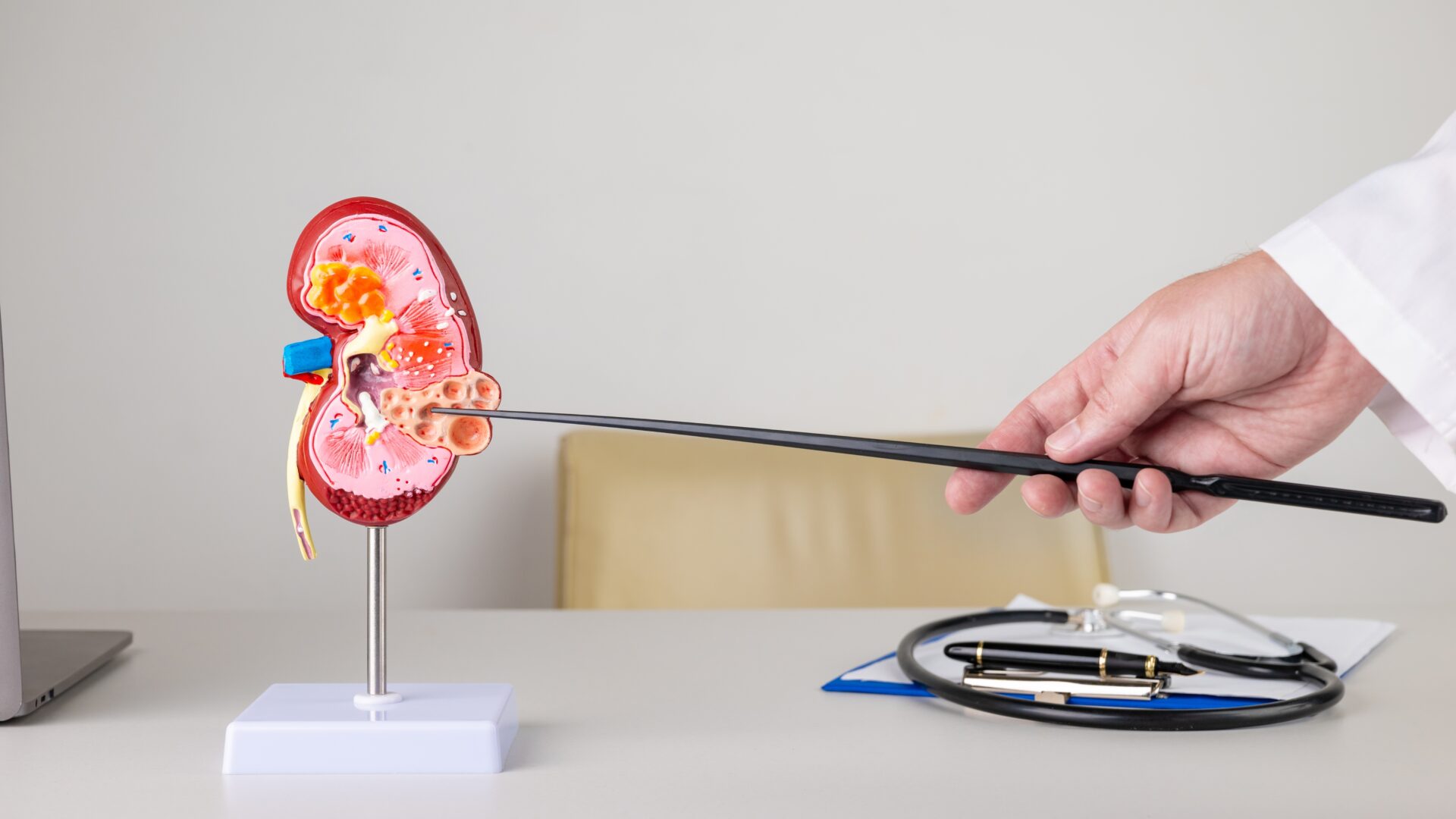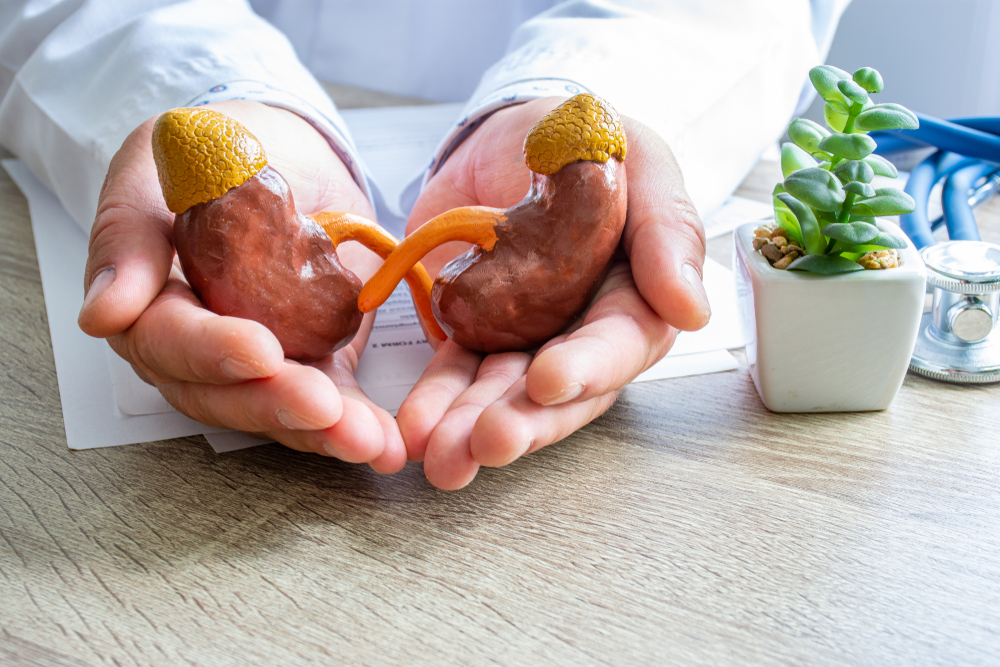The kidneys are remarkable organs that play a crucial role in maintaining your overall health. These bean-shaped organs, located just below the rib cage on either side of the spine, perform several essential functions that keep your body in balance. In this blog, we will delve into the vital functions of the kidneys and why they are so important for your well-being.
Key Functions of the Kidneys
1. Filtration and Waste Removal
The primary function of the kidneys is to filter blood and remove waste products and excess substances. Each day, your kidneys filter about 120 to 150 quarts of blood to produce 1 to 2 quarts of urine, which consists of wastes and extra fluid. This filtration process is crucial for removing toxins, waste products, and excess minerals from the bloodstream, which are then excreted through urine. The nephrons, which are the functional units of the kidneys, play a vital role in this process. Each kidney contains about a million nephrons, which work together to filter blood, reabsorb essential substances, and excrete waste products.
2. Regulating Blood Pressure
The kidneys play a significant role in regulating blood pressure by controlling the volume of blood and releasing the enzyme renin. Renin is part of the renin-angiotensin-aldosterone system, which helps regulate blood pressure and fluid balance in the body. When blood pressure drops, the kidneys release renin, which triggers a series of reactions that constrict blood vessels and increase blood volume, thereby raising blood pressure. Proper kidney function ensures that your blood pressure remains within a healthy range, preventing conditions such as hypertension.
3. Balancing Electrolytes
Electrolytes, such as sodium, potassium, and calcium, are crucial for the proper functioning of cells and organs. The kidneys help maintain the right balance of these electrolytes in the blood. This balance is essential for muscle function, nerve function, and maintaining the acid-base balance in your body. The kidneys adjust the levels of electrolytes by reabsorbing them into the bloodstream or excreting them in urine, depending on the body’s needs. For example, if blood potassium levels are too high, the kidneys will excrete more potassium to restore balance.
4. Red Blood Cell Production
The kidneys produce a hormone called erythropoietin, which stimulates the production of red blood cells in the bone marrow. Red blood cells are essential for transporting oxygen from the lungs to the rest of the body. When kidney function declines, erythropoietin production can decrease, leading to anemia—a condition characterized by a lack of healthy red blood cells. Anemia can cause fatigue, weakness, and other health issues, highlighting the importance of healthy kidneys in maintaining adequate red blood cell levels.
5. Bone Health
The kidneys convert vitamin D into its active form, calcitriol, which helps your body absorb calcium from the food you eat. Calcium is vital for maintaining healthy bones and teeth. Proper kidney function ensures that you have enough active vitamin D to maintain adequate calcium levels, supporting bone health and preventing conditions such as osteoporosis. Additionally, the kidneys help regulate phosphate levels in the blood, which is also crucial for bone health.
6. Acid-Base Balance
The kidneys help maintain the acid-base balance in your body by excreting hydrogen ions and reabsorbing bicarbonate from urine. This function is essential for keeping your blood pH within the narrow range necessary for the proper functioning of enzymes and metabolic processes. If blood pH becomes too acidic or too alkaline, it can disrupt normal bodily functions and lead to serious health problems. The kidneys’ ability to regulate acid-base balance is vital for overall metabolic stability.
Conclusion
Understanding the vital functions of the kidneys highlights the importance of these organs in maintaining your overall health. From filtering waste to regulating blood pressure and supporting bone health, the kidneys are central to many of the body’s essential processes. Their ability to balance electrolytes, produce red blood cells, and maintain acid-base balance further underscores their critical role in ensuring your well-being.







